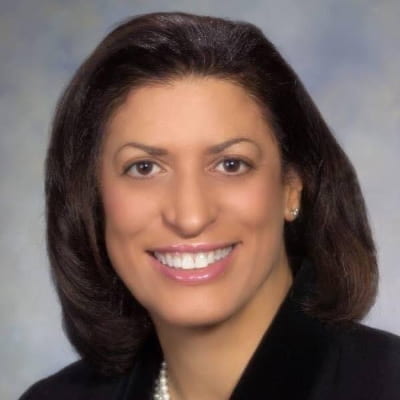Main Discipline(s):
Main Professional Societies:
Affiliation(s):
- Clinical Social Work Practice
- Behavioral Health-Children/Adults/Families
- National Association of Social Workers
- American Educational Research Association
In addition to recruiting undergraduate students, I became the Trustee and eventually VP and President of a local Charter school that focuses on a STEM curriculum. We grew the school to include Pre-K through 12 grade to grow a pipeline of STEM prepared students. The school is predominantly minority serving and more than 90% of the students are at or below the poverty line.
My recruitment experience challenged me to identify more students from underserved communities and to remove barriers preventing their progress in STEM fields. I think we were able to do that to some extent at the Charter school and through college partnerships provide the students the opportunity to graduate with both a high school diploma and Associates degree.
Most of the quantitative research focuses on shear numbers of minority women, who pursue STEM fields of study and do not persist or ‘stop out’ into another field of study. My qualitative research focuses on the ‘lived experiences’ of minority women who pursue STEM and their experiences making the transition from their predominantly minority community into a Predominantly White Institution (PWI).
Also, (the) local engineers from Southwest Detroit who participated in the Mexican American Partnership under my leadership are special people. These students are engineers who are bilingual, studied in Mexico, and currently are employed all over the world as a result of our corporate sponsorship from Ford Motor Company and General Motors. These students exemplify what can happen when you invest in students from marginalized communities.



